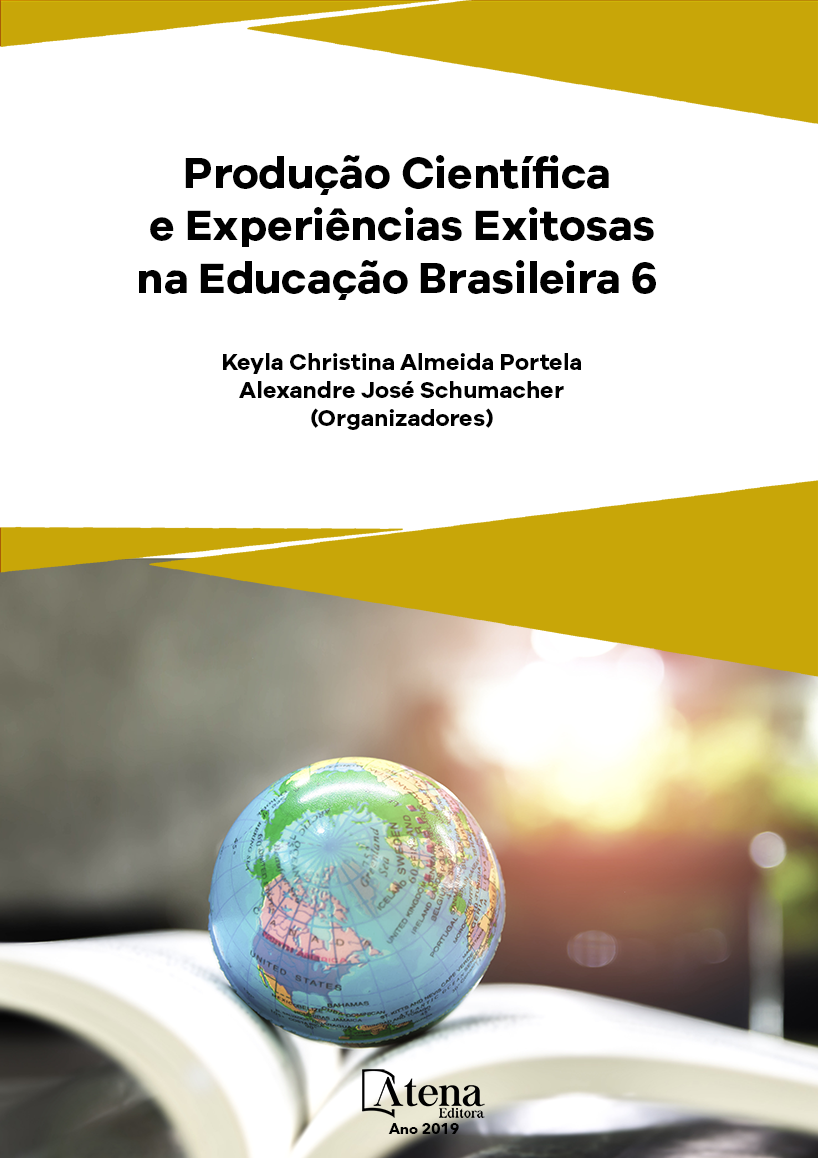
NA HIPERMODERNIDADE – LER É ESPLÊNDIDO!
Este artigo tem como interesse
principal relatar a prática de leitura na escola
Estadual Raimundo Pinheiro e da leitura na
formação do aluno, como leitor compentente e
mesmo um leitor por deleite, ou seja, o prazer
ser ler. O objetivo é mostrar as dificuldades que
os alunos têm em fazer uma leitura e como os
projetos de intervenção auxiliam na aproximação
dos alunos à leitura. Além disso, mostrou que o
espaço da leitura pode ser reinventado, mesmo
quando não há uma biblioteca que favoreça
essa prática. Tem como objetivo também,
mostrar o incentivo da leitura em sala de
aula e uso da Internet, uma vez que estamos
rodeados de ambientes virtuais que favorecem
o ensino e o aprendizado. Nesse sentido, aluno
e professor podem acessar os livros, artigos
que estimulem a leitura para formação e para
o deleite. Para desenvolver esse artigo foram
utilizados os métodos bibliográfico e empírico.
Logo, foram feitas pesquisas em textos teóricos,
como os PCNs e mesmo o projeto que regula
o PROEMI, e textos de autores como Rojo,
Barbosa, Marcuschi entre outros, culminando
com a realização do projeto tarde de leitura.
NA HIPERMODERNIDADE – LER É ESPLÊNDIDO!
-
DOI: 10.22533/at.ed.56319200815
-
Palavras-chave: Leitura. Ensino. Inovação. Prática. Internet.
-
Keywords: Reading. Teaching. Innovation. Practice. Internet.
-
Abstract:
This article has as main interest
to report the practice of reading in the State
School Raimundo Pinheiro and reading in the
formation of the student, as a compentente
reader and even a reader for delight, that is, the
pleasure to be read. The objective is to show
the difficulties students have in reading and
how the intervention projects help the students
to get closer to reading. In addition, it showed
that the reading space can be reinvented, even
when there is no library that favors this practice. It also aims to show the incentive of
reading in the classroom and using the Internet, since we are surrounded by virtual
environments that favor teaching and learning. In this sense, students and teachers can
access books, articles that stimulate reading for formation and for delight. To develop
this article, we used the bibliographic and empirical methods. Therefore, research was
done on theoretical texts, such as PCNs and even the project that regulates PROEMI,
and texts by authors such as Rojo, Barbosa, Marcuschi and others, culminating in the
late reading project.
-
Número de páginas: 15
- Carlos Magno Martins dos Anjos
- Cristóvão Domingos de Almeida
- Criziene Melo Vinhal
- Maeli Fernandes Mota
- Maria Arlinda da Silva
- Cleusa Albilia de Almeida


